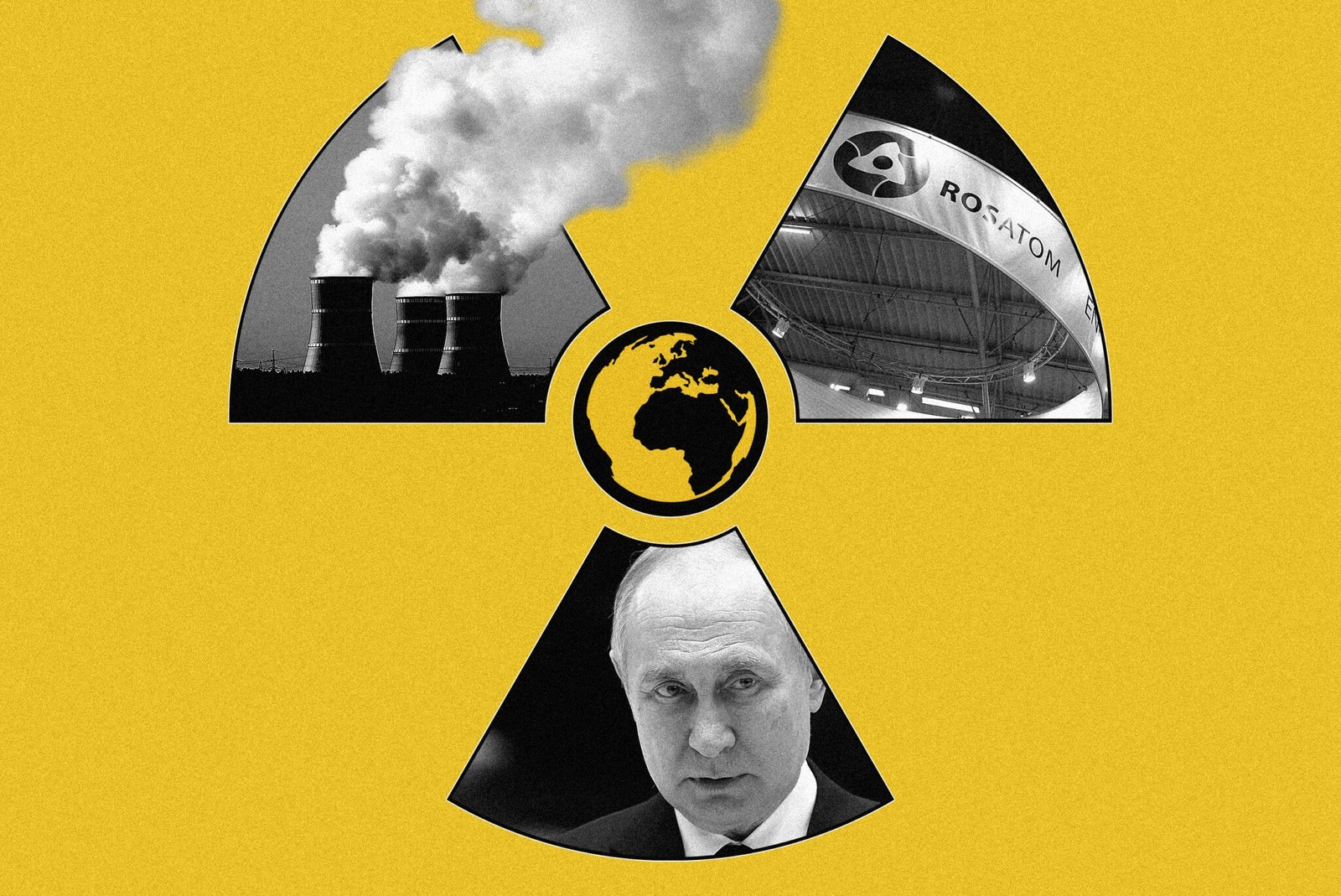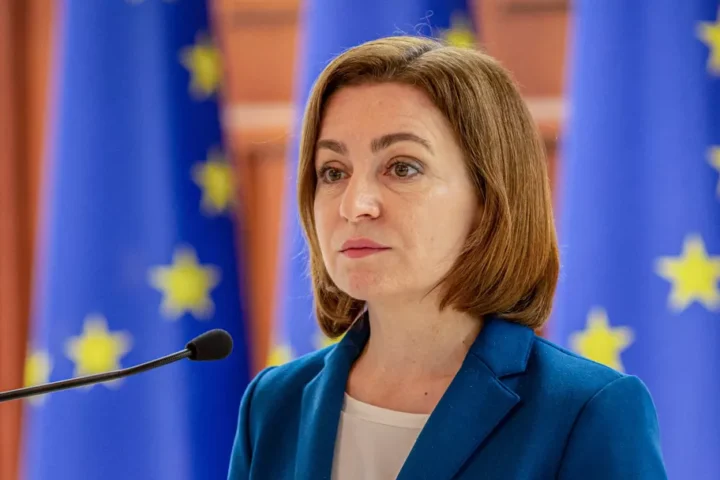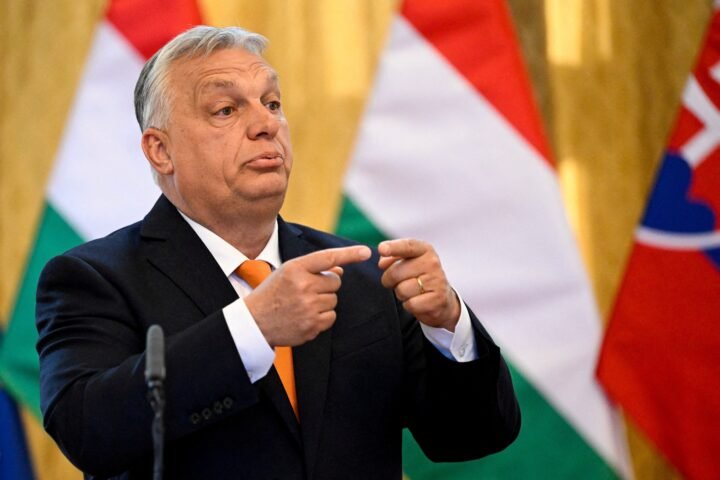Slovakia is set to abandon its cooperation with Russia’s state-owned nuclear energy corporation Rosatom as Prime Minister Robert Fico prepares to sign a major intergovernmental agreement with the United States on the construction of a new nuclear power unit. The deal, valued at $12–15 billion, will see U.S.-based Westinghouse lead the project at the Jaslovské Bohunice nuclear plant.
According to Slovak media, Bratislava rejected the idea of an open tender, excluding Russian bidders altogether, and unilaterally opted to work with Westinghouse instead. The finalization of the agreement follows months of negotiations and is expected to be formally signed during Fico’s upcoming official visit to Washington — a trip that would make him the first Visegrád Group prime minister to be hosted by U.S. President Donald Trump during his current term.
Slovakia’s shift away from Rosatom marks a significant change in nuclear strategy for a country where atomic power currently provides around half of domestic electricity. The Jaslovské Bohunice and Mochovce power plants operate five Soviet-era VVER-440 reactors, which have traditionally relied on Russian nuclear fuel.
Strategic turn toward energy diversification
Slovakia’s decision is driven by a broader push to reduce dependency on Russian energy amid rising geopolitical tensions. Economy Minister Denisa Saková emphasized that continued use of Russian-supplied nuclear fuel poses a strategic risk to national security. France, she noted, lacks sufficient production capacity, and South Korea’s solutions would still require licensing from Westinghouse — underscoring the necessity of direct collaboration with the U.S. provider.
By prioritizing diversification, the Slovak government is aligning with a wider European effort to secure energy independence and resilience against foreign political pressure. Russian energy, especially nuclear fuel, has been widely recognized as a tool of geopolitical leverage — posing threats of coercion and interference with critical infrastructure across EU member states.
EU cohesion and risk mitigation
Bratislava’s refusal to continue working with Rosatom also signals a clear alignment with EU policies aiming to isolate Moscow in response to its aggression against Ukraine. Maintaining nuclear ties with Russia, officials argue, risks political blackmail — especially through potential disruptions in fuel supply as retaliation for foreign policy decisions.
The move is expected to strengthen Slovakia’s integration within the EU’s collective energy and security strategy. With nuclear energy playing a central role in the country’s electricity mix, securing alternative fuel sources is not just an economic imperative but a core element of national defense planning.
Regional implications and message to Ukraine
For Ukraine, which continues to face full-scale invasion by Russia, the example set by Slovakia highlights the urgency of eliminating reliance on Russian energy altogether. Ukraine’s energy infrastructure has been repeatedly targeted by Russian strikes, making the import of Russian nuclear fuel a direct security risk. Kyiv has already accelerated its transition to non-Russian suppliers, seeing energy independence as an essential part of its wartime resilience.
Slovakia’s pivot — grounded in both economic calculation and security foresight — may influence similar policy moves among neighboring EU states, particularly those with legacy Soviet infrastructure. As geopolitical pressure on Moscow intensifies, strategic energy decisions are becoming central to the EU’s broader defense of democratic values and sovereignty.










